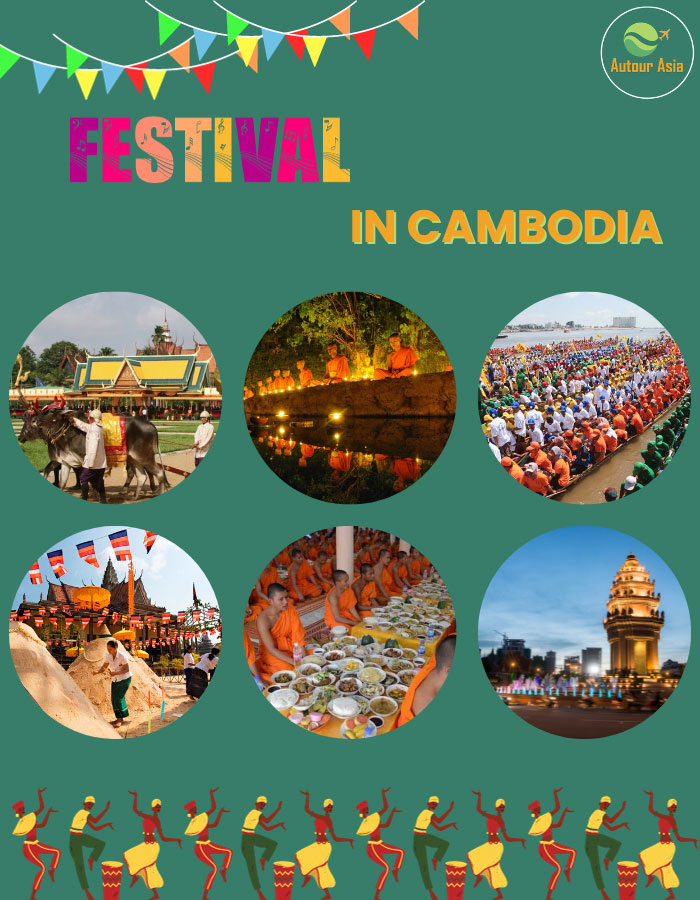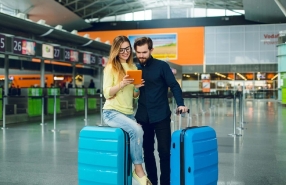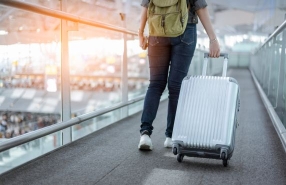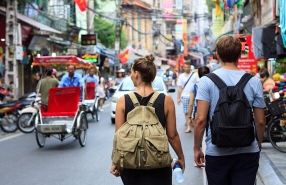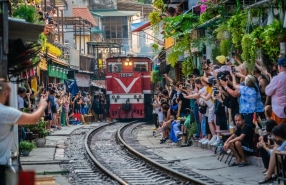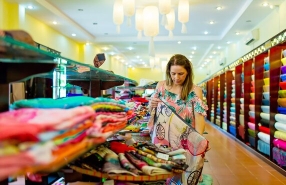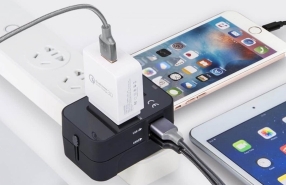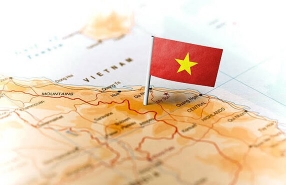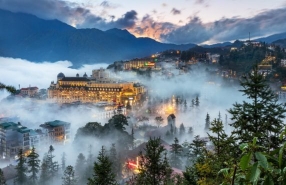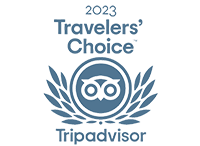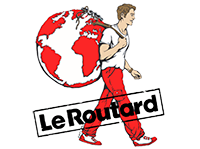Celebrating Culture: Diverse And Vibrant Festivals In Cambodia

Cambodia is renowned not only for the grand structures of the Angkor complex and captivating cultural sites in the capital Phnom Penh but also for unique festivals that embody the spirit of the indigenous people. In Cambodian tourism, visitors can explore not only grand buildings but also dive into the unique cultural aspects by taking part in festivals in Cambodia.
Table of Contents
1. Royal Ploughing Ceremony
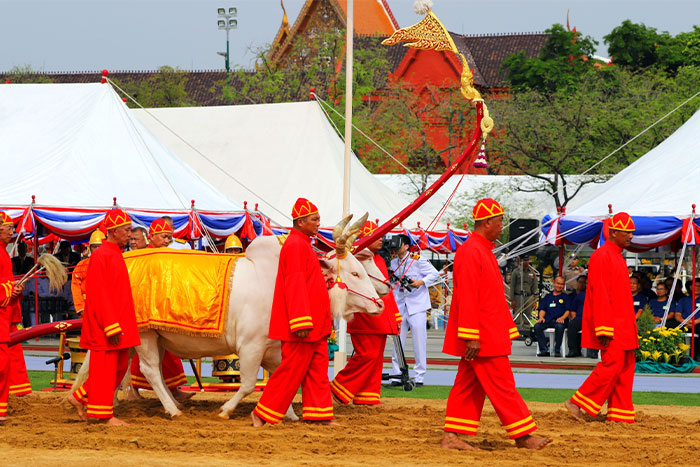
The Royal Plowing Ceremony, known as "Preah Reach Pithi Bonn Chrot Preah Neangkol," holds immense significance in Cambodia, marking the commencement of the rice-growing season in the month of Pisak (May). As the dry season concludes and the rainy season begins, this period becomes crucial for Cambodians to prepare for their farming activities.
Originating from the concern of a Khmer king about farming conditions, this ancient royal rite has been an annual celebration for centuries. Traditionally led by the King or high officials, recent ceremonies have been presided over by His Majesty Norodom Sihamoni, the King of Cambodia.
People in many Asian countries, especially those with royal traditions, have been practicing this old ceremony for a very long time. The ploughing is important because it represents Seeds of Hope or Royal Ploughing, indicating that it's time to start planting for the season. Celebrated annually in several Asian nations, including Thailand and Cambodia, festivals in Cambodia and the region, this festival is referred to as 'Raek Na Khwan' in the Thai language.
2. Bon Om Touk (Water Festival)
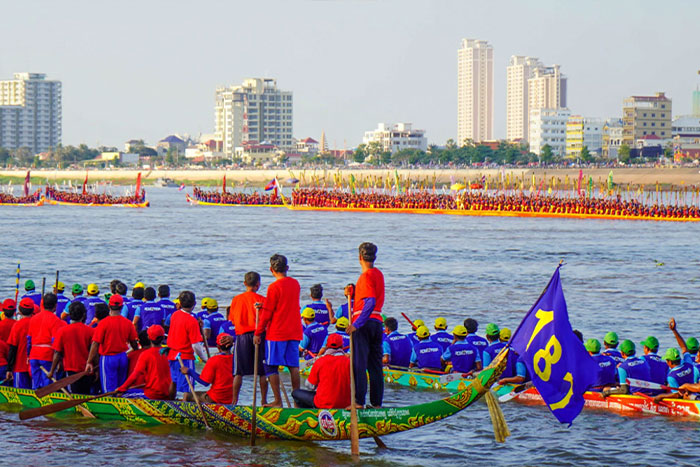
Bon Om Touk, also known as the Cambodia Water Festival, stands as a lively and culturally meaningful festivity in Cambodia. This annual event typically takes place in November and marks the reversal of the flow of the Tonle Sap River. The festival includes in lot of fun activities, celebrations, and boat races.
One of the main attractions of Bon Om Touk, including the Phnom Penh Water Festival and Bon Om Touk Siem Reap, is the boat races, where teams from different provinces compete in long, sleek boats. In the boat races, it's not just about being strong and skilled; it's also about people working together. People stand by the river, cheering for their favorite teams, and have a good time in the lively atmosphere.
Apart from the exciting boat races, including the Cambodia Water Festival, Bon Om Touk includes beautiful boat parades with lights, traditional music and dance shows, and tasty local food. Bon Om Touk has a historical significance too, remembering old battles during the Khmer Empire. Nowadays, it has become an important event that attracts both locals and tourists, offering a special and unforgettable taste of Cambodian culture.
3. Pchum Ben
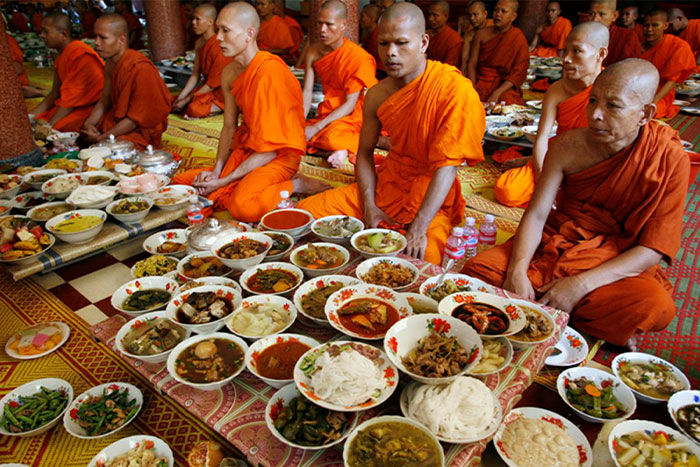
In Khmer language, the word "Pchum" means "meeting, gathering." Khmer people believe in a strong connection between ancestors and descendants, where the living and the deceased can come together through special rituals.
Therefore, in a year according to the Khmer calendar, there are 15 days dedicated to remembering ancestors, praying for relatives, and the spirits. "Ben" in Khmer means to gather or, in another sense, a compartmentalized rice container.
In ancient times, Khmer people believed that hungry spirits often came to the pagoda to eat, so they used this bowl to collect food and rice, partly to offer to the spirits and partly to support the monks in the temple. However, nowadays, many people do not practice the act of spreading rice because they consider it wasteful; that portion of rice could be allocated for the poor in the vicinity. Nevertheless, during festivals in Cambodia, the tradition of offering food and rice in such symbolic bowls often takes center stage, reviving and preserving cultural practices with a sense of community and spirituality.
4. Khmer New Year
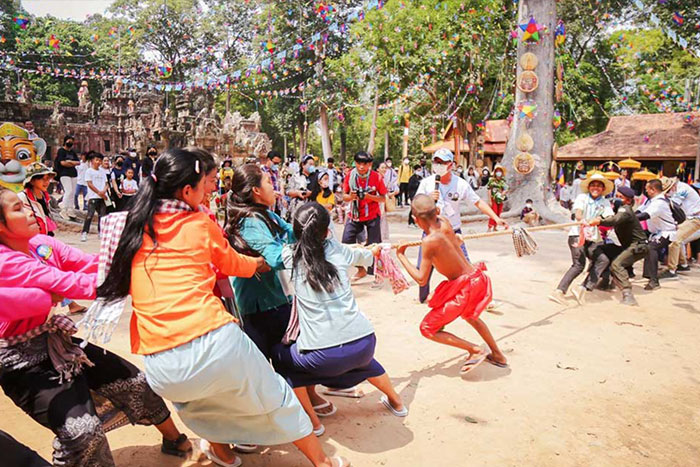
The Khmer New Year Celebration is a moment when Cambodian families reunite, particularly in their hometowns, to commemorate the occasion. Throughout the festivals in Cambodia, pagoda spaces and public street corners come alive with the joyful presence of both children and adults engaging in traditional Khmer games and dances. The New Year typically falls in April, and the celebration lasts for three days. During Cambodian New Year, families come together to celebrate the occasion, often returning to their hometowns to be with loved ones.
During the celebrations, an important part is blending historical and religious customs in a harmonious way. Cambodian New Year places a strong emphasis on paying tribute to seniors and ancestors. During the three-day event, people do different Buddhist activities like saying thank you, giving things to family members who passed away, and helping those who need it.
During Cambodian New Year, people have fun playing traditional games and dancing, especially in places like pagodas and street corners, where both kids and adults bring a lot of lively energy. The festivals in Cambodia, such as Cambodian New Year, bring everyone together, making us feel connected and sharing common values.
This may concern you:
>> Is it safe to travel to Cambodia right now ?
>> 3 days in Siem Reap
>> Best restaurant in Siem Reap
>> Siem Reap travel guide
5. Meak Bochea
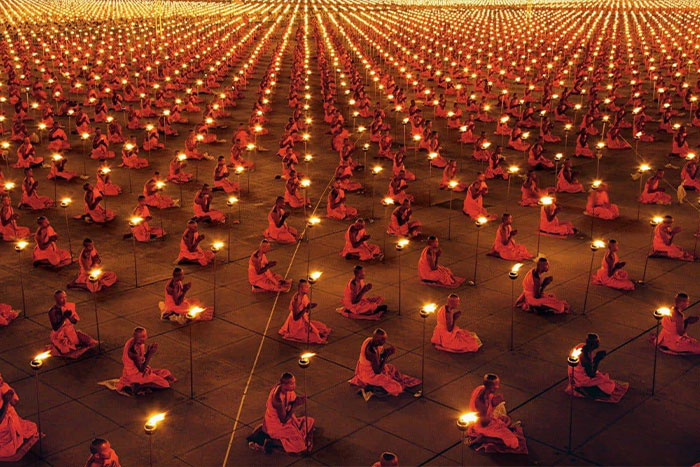
When it comes to the Meak Bochea festival, we cannot forget that this is one of the most important celebrations for the people of Cambodia. The Meak Bochea festival is organized to honor the Buddha and his teachings. The Meak Bochea festival is often held at large temples, where Buddhists gather in the colorful Buddhist atmosphere to meditate and contemplate life and all living beings around them. A unique event during this festival is that the Buddhists come together to offer food and participate in candlelit processions at a large temple in the evening.
Meak Bochea Day usually happens on the full moon day of the third lunar month, which is around late February or early March. Buddhists believe that the full moon day is special and perfect for doing good deeds. On Meak Bochea Day, many people visit local temples to earn good karma. In the evening, temples in Cambodia organize festivals in Cambodia like a candle procession called Wien Tien.
During Wien Tien, people hold lotus flowers and candles while walking around the temples three times. This is a way of showing respect to Buddha, his teachings (Dharma), and the monastic life (Sangha). Meak Bochea Day is not just a time for religious reflection but also adds to the cultural beauty of Cambodia.
6. Independence day of Cambodia
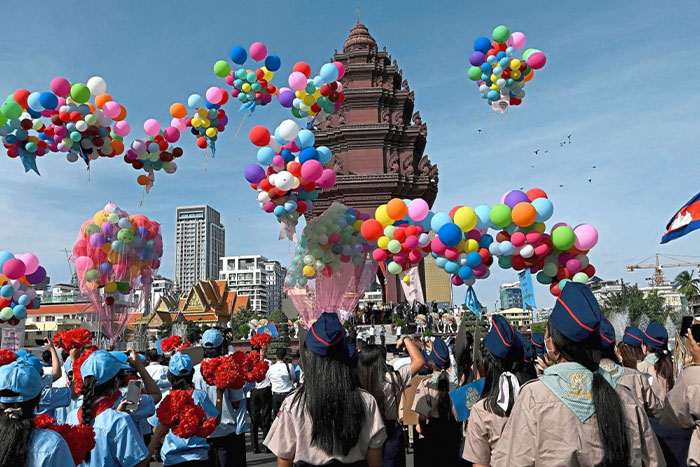
Cambodia's Independence Day is a big celebration that happens every year on November 9th. It marks the time when Cambodia became free from French rule in 1953.
On this day, the entire country takes part in various commemorative activities, festivals in Cambodia, and cultural events. These activities include parades, flag processions, artistic performances, and traditional festivals. The people actively participate to honor the heroes and their efforts in achieving national independence.
This day of reflection isn't just about looking back; it's an opportunity to express emotions for the homeland and the essence of national unity. Moreover, it provides a moment to light incense and lay flowers at memorials, paying tribute to those who made sacrifices for the freedom of Cambodia.
It is advisable to refer to the following circuits:
>> 10 days in Vietnam and Cambodia
>> 2-week Vietnam and Cambodia itinerary
>> Vietnam and Cambodia Tours
Festivals are one of the unique highlights and cannot be missed when you set food in a country. Immersing yourself in joyful activities and elaborate rituals at major festivals in Cambodia, you will gain a deeper understanding of the people, the country, as well as the traditional beauty of this place.
Related travel guide
Other similar articles
CUSTOMIZABLE BY LOCAL EXPERTS
Personalized trip at the original price!
REFUND GUARANTEE
We believe in our work and promise to give you money back.
GOOD PRICE / QUALITY
95% satisfied more than expected!
24/7 LOCAL SUPPORT
We are always available online to provide assistance at any time.
Most read articles
Autour Asia is highly recommended on
Embracing the mission of "Satisfied more than expected" and providing authentic experiences, we have received numerous recommendations on reputable travel forums:

